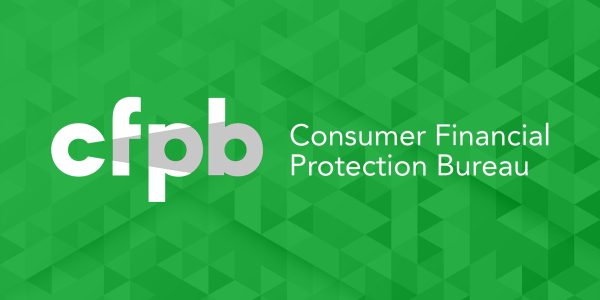The first quarter of 2025 has made one thing clear: auto lenders cannot afford to let up on compliance initiatives pertaining to aftermarket products. While the Consumer Finance Protection Bureau (CFPB) may appear to be entering a quieter phase, state-level activity is picking up speed—and with it, the potential for increased compliance complexity.
In our work with more than 100 auto lenders and many of whom are among this country’s top 10, we’re seeing some clear trends start to take shape. Here’s what’s happening now—and what auto lenders should be preparing for in Q2 and beyond.
A Pause in Washington Is Not a Signal to Relax
The nomination of Jonathan McKernan to lead the CFPB suggests the agency will remain in place, but likely with a reshaped agenda. That said, regulatory change doesn’t pause just because federal leadership is in flux. Lenders who take a “wait and see” approach risk being caught unprepared.
Before his departure, former CFPB Director Rohit Chopra published guidance urging state attorney generals to modernize unfair and deceptive acts and practices (UDAP) statutes—emphasizing that federal protections should be seen as a floor, not a ceiling. His October 2024 Supervisory Highlights remain a playbook for states, especially around disclosures and data integrity issues pertaining to aftermarket products.
The message: proactive compliance isn’t optional—it’s essential.
States Step Up: A Patchwork of Proposed Aftermarket Product Legislation
As federal momentum slows, state regulators are accelerating. In New York, for example, legislation modeled after prior CFPB guidance is gaining traction, including provisions that empower consumers to bring lawsuits independently—a trend we expect other states to follow.
Although the FTC’s CARS Rule was vacated, its principles are finding new life elsewhere. California, for example, has proposed a rule mirroring CARS’ focus on aftermarket product disclosures and sales practices. The message from states is clear: they’re not waiting for Washington to act.
In Illinois, the Sales Finance Agency Act now requires lenders to calculate refunds using actuarial methods—a process made difficult without access to product-specific loss history. This signals an emerging trend: states adopting and expanding on guidance originally pushed by federal regulators.
The result? A fragmented, state-by-state approach to compliance that makes uniform execution more difficult and risky.
What Smart Auto Lenders are Doing
With Q2 underway, smart lenders are using this window to evaluate and reinforce their compliance strategies.
Here are the top areas of focus:
Anticipate increased state scrutiny: The regulatory environment for add-on products is becoming more aggressive at the state level.
Monitor the development of VVPA (and other emerging aftermarket products): Vehicle Value Protection Agreements continue to evolve, with broad interpretations creating both opportunity and risk. Work with compliance teams to review how these products are classified and disclosed.
Address data weaknesses: Inaccurate data is a recurring theme in regulatory findings. Now is the time to clean up inconsistencies before they draw attention.
Stay connected to state-level updates: Keep a close eye on evolving rules and legislative changes to ensure your compliance systems can adapt quickly.
F&I Sentinel: Your Compliance Co-Pilot
We’ll continue to monitor the regulatory landscape and share insights to help lenders maintain compliance and navigate uncertainty with confidence. Follow F&I Sentinel for expert analysis and timely updates that empower your team to stay one step ahead.
About F&I Sentinel
F&I Sentinel is the industry’s trusted provider of managed compliance solutions – from funding to servicing to refunds. With a repository of more than 120,000 F&I product forms, our tech-enabled Concierge Compliance Team helps auto lenders navigate the regulatory landscape surrounding the financing and resolution of voluntary protection products. Schedule a no-obligation meeting with a member of Concierge Compliance team today.
The information provided in this post does not, and is not intended to, constitute legal advice; instead, all information, content, and materials referenced are for general informational purposes only. Readers should contact their attorney to obtain advice with respect to any particular legal matter.





